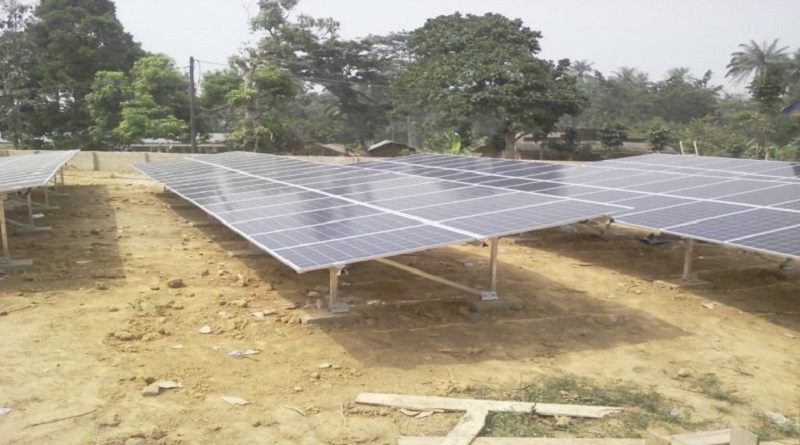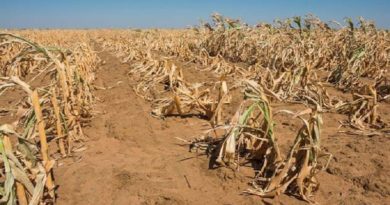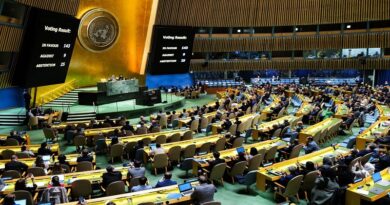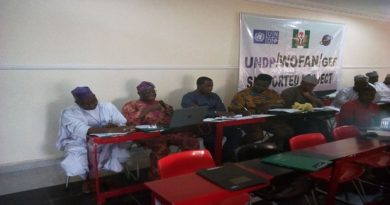Cross River communities receive electricity supply from solar mini grid facility
In Nigeria, about 50% of the population (estimated to be about 191 million people) are not connected to the national electricity grid and majority of these people are located in the rural areas. Umon Island and Bagana Community, both located in Biase Local Government Area of Cross River State, southern Nigeria are among the numerous communities in Nigeria that are not connected to the national electricity grid. The two communities are located in extremely difficult terrain that makes them very unattractive for grid extension. They are surrounded by the water of River Cross. Until this time, the community members rely on traditional energy sources such as candles and kerosene lanterns for lighting. Those that can afford it, generate electricity from the privately-owned petrol or diesel generators.
The Umon Island Mini grid Project is a 50 kW solar photovoltaic system that is supplying electricity to two communities – Umon Island and Bagana Community with a total population estimated to be about 5000 people. The facility will be serving a total of 253 houses in the two communities which include three schools, two primary health care centres, six churches and local businesses. The project is expected to boost commercial activities in the two communities and give them ready access to information. The Project is being implemented to complement the Federal Government policy of increasing access to electricity especially in rural areas to boost economic activities. The technology is carbon neutral, thus helping to mitigate the emission of greenhouse gases
Furthermore, the facility will help to minimize the use of unsustainable energy sources such as the kerosene lamps, candles and fossil fuel bases private generators – estimated 80% of the inhabitants of the two communities use petrol/diesel generators to generate electricity. It is also expected to boost health care services and reduce rural-urban migration. The facility has since commenced operation and the people of Umon Island and Bagana now enjoy electricity without using private generators.
As a way of preparing the communities ahead of the operation of the mini grid, two workshops were organized at Umon Island by the Community Research and Development Centre, the Project Developer to educate the community on energy efficiency and conservation, safety tips on using electricity and on the productive use of electricity.
Before commencing activities in the communities, the Project Developer signed a memorandum of understanding (MOU) with the leadership of both communities. Furthermore, before connecting the individual households, end-user contract was signed with each customer. A total of ninety-one (91) households representing about 50% of the total customers have been connected as at the time of this report. Each customer was given a single-phase prepaid meter with IC card to top up when credit is exhausted.
The people of Umon Island and Bagana Communities now enjoy electricity just like those living in big cities. The electricity is not free; the tariff was determined using a financial modeling tool. The preliminary study in the communities revealed that members are willing and able to pay for the electricity. The Project is supported by the Nigerian Energy Support Programme (NESP) of the GIZ and the European Union while the Community Research and Development Centre serves as the Project Developer and Operator. The project was executed in collaboration with the Cross River State Government.




